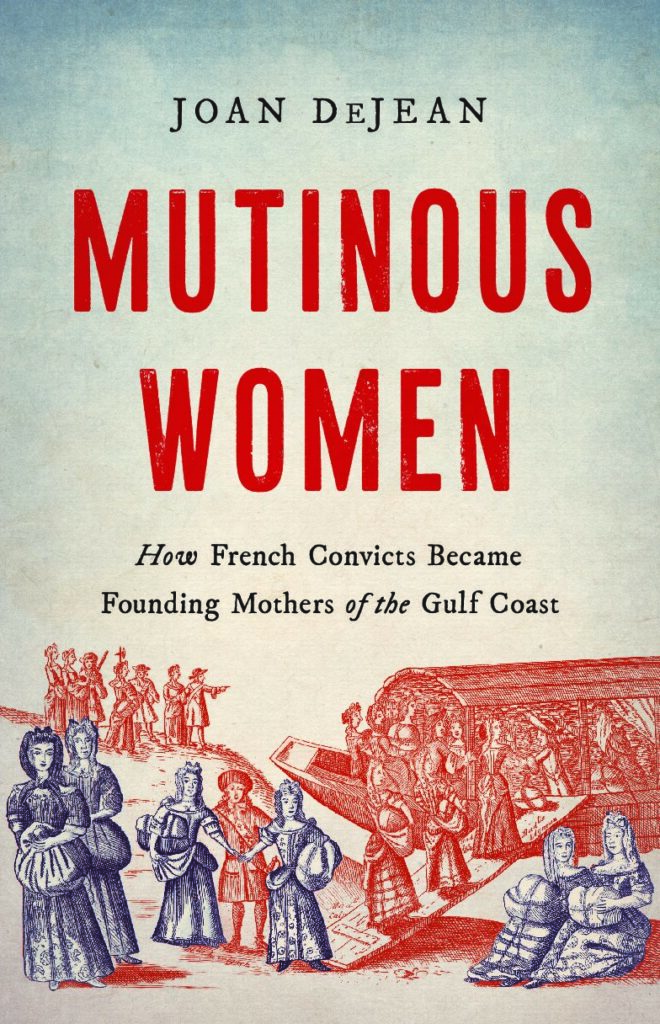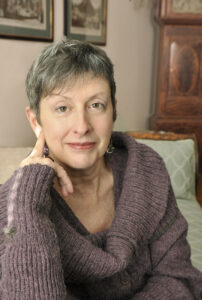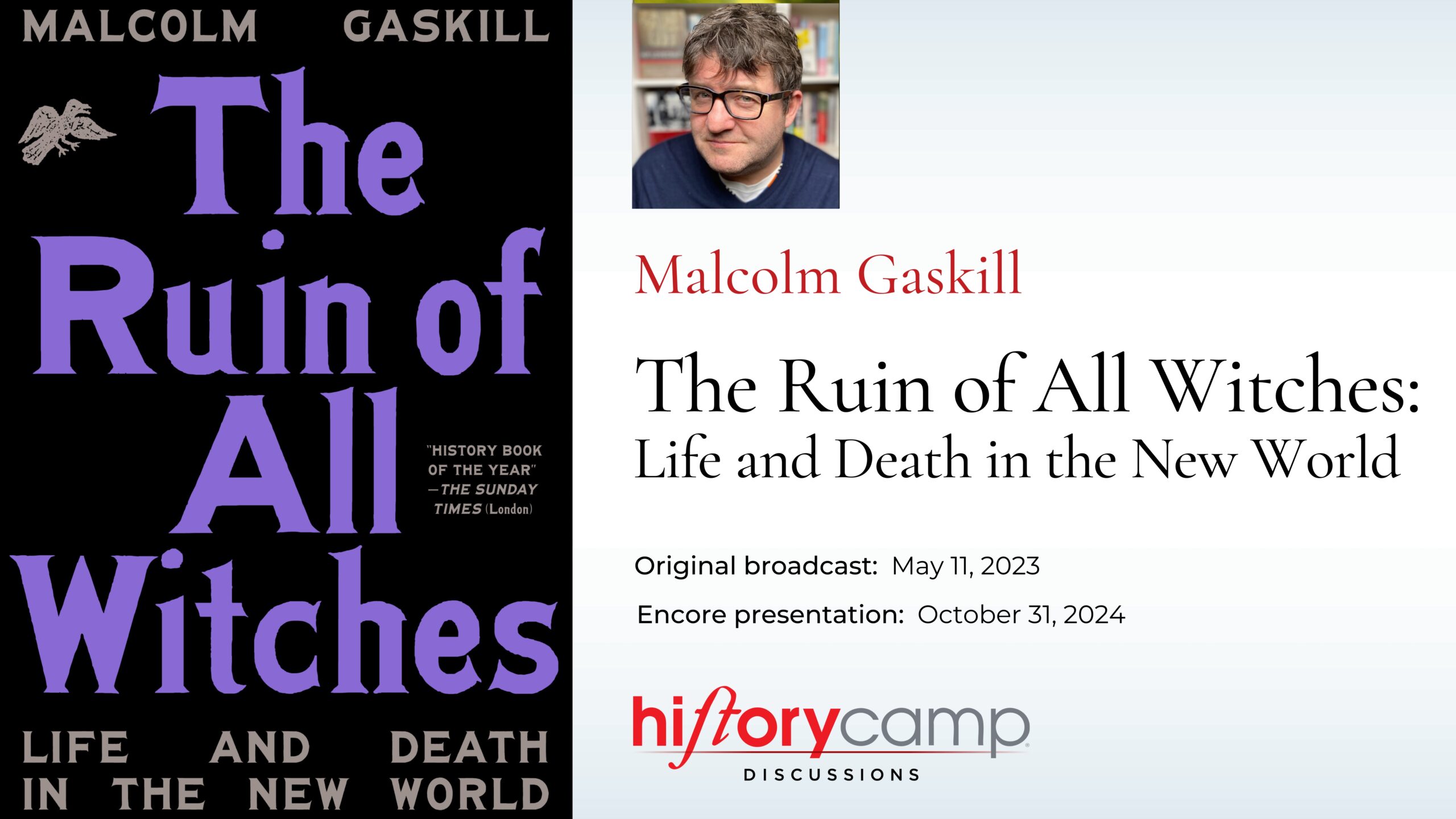Joan DeJean
Mutinous Women: How French Convicts Became Founding Mothers of the Gulf Coast
A ship called La Mutine departed France in December 1719, carrying a unique cargo: the only all-female roster of deportees to the future United States. The women were convicts—in many cases wrongly accused or maligned as prostitutes. But the crash of the Paris Stock Exchange while they crossed the Atlantic caused their arrival at the Gulf Coast to be quickly forgotten by authorities.
They restarted in the future United States, defying the impossibilities and constraints of their lives in France, and became a foundational part of the European settlement of the Americas through their achievements. In MUTINOUS WOMEN: How French Convicts Became Founding Mothers of the Gulf Coast (Basic Books; April 19, 2022), historian Joan DeJean traces the extraordinary lives of these women through their contributions to developing the Atlantic World. They were among the pioneering European settlers who built New Orleans, and the French trading outposts and permanent settlements that spanned the Mississippi River from the Gulf Islands to Illinois. Their legacy is present not only in those contemporaneous communities they shaped, but also in the descendants of these “first grandmothers” of the Gulf South now spread across the United States.
Through both archival and genealogical sleuthing, DeJean relates the lived experiences of these women and their descendants over the tumultuous eighteenth century, allowing for their corrected stories to finally be told. From their convictions and subsequent trials to their use of marriage to regain status, to relationships with Indigenous peoples amid changes in colonial governance and their ascension to property owners, these women’s stories represent the struggles of rebirth overdue in recognition of our national origins.
[Recorded September 29, 2022.]


Joan DeJean has been Trustee Professor at the University of Pennsylvania since 1988. She previously taught at Yale and at Princeton. She is the author of twelve books on French literature, history, and material culture of the seventeenth and eighteenth centuries, including The Invention of Paris: Making the City Modern (2014); The Age of Comfort: When Paris Discovered Casual and the Modern Home Began (2009); The Essence of Style: How the French Invented High Fashion, Fine Food, Chic Cafés, Style, Sophistication, and Glamour (2005).
She grew up in southwest Louisiana, in a family and a town in which Louisiana’s French past was the stuff of daily life. For over thirty years, she has divided her time between Philadelphia and Paris, where she has always worked in the very archives in which, in 2016, she happened upon the story of the women banished/deported to Louisiana in 1719.






























